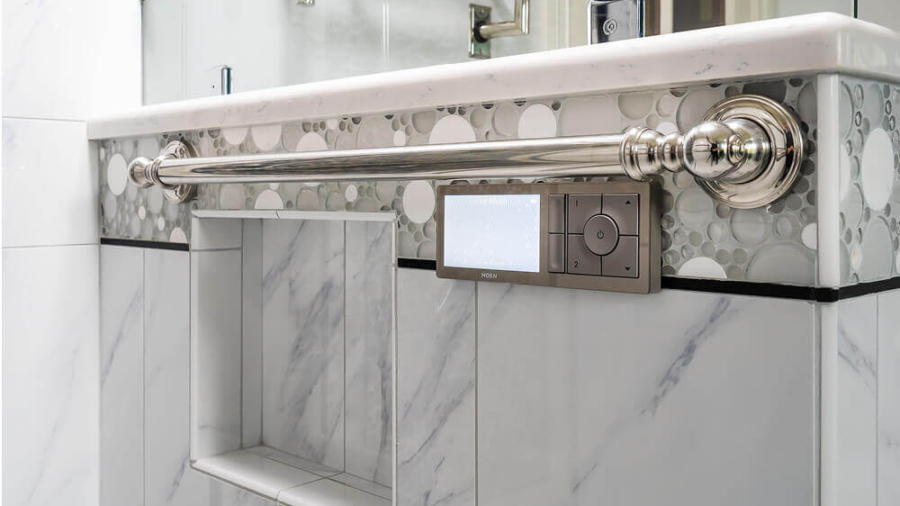As we age, our needs and abilities change, making it essential to adapt our living spaces for safety, comfort, and accessibility. One of the most critical areas to address is the bathroom, where slips and falls are common. Remodeling a bathroom for accessibility ensures that individuals can maintain their independence and age in place gracefully. Here’s a comprehensive guide to creating an accessible bathroom that meets changing needs.
Assessing Current and Future Needs
Aging in place refers to the ability to live in one’s own home and community safely, independently, and comfortably, regardless of age or ability level. As mobility decreases with age, the bathroom can pose significant risks. Slippery floors, high bathtubs, and limited maneuvering space can lead to accidents. Remodeling your bathroom with accessibility in mind can prevent these hazards and enhance the quality of life.
Key Features of an Accessible Bathroom
1. Wider Doorways and Clear Pathways
Ensure the bathroom door is wide enough to accommodate a wheelchair or walker. A minimum width of 32 inches is recommended. Clear pathways free of obstacles are crucial for easy navigation.
2. Non-Slip Flooring
Choose non-slip tiles or add non-slip mats to prevent falls. Textured flooring materials provide better grip, even when wet.
3. Barrier-Free Showers
Traditional bathtubs can be challenging to access. Walk-in showers or roll-in showers with a barrier-free entrance provide safer and easier access. Consider installing a built-in shower bench for added convenience.
4. Grab Bars and Handrails
Strategically placed grab bars and handrails around the toilet and shower areas provide support and stability. Ensure they are securely installed to bear weight.
5. Comfort-Height Toilets
Install a comfort-height toilet, which is higher than standard models, making it easier for individuals with mobility issues to sit and stand. Consider adding a smart bidet seat for enhanced hygiene and convenience.
6. Accessible Vanity and Sink
Opt for a vanity with knee space underneath to accommodate wheelchair users. Ensure that sink fixtures are easy to reach and operate.
7. Adequate Lighting
Good lighting is essential for visibility and safety. Incorporate both ambient and task lighting. Motion-sensor lights can provide additional convenience.
8. Smart Bathroom Technology
Innovations like touchless faucets, voice-activated lights, and smart bidet toilets can enhance convenience and independence. These technologies can be particularly beneficial for those with limited dexterity or cognitive impairments.
9. Thermal Comfort
Heated floors and towel warmers can add comfort, especially for those with circulation issues. Ensure the heating elements are safely installed and controlled.
Design Considerations
While functionality is paramount, it’s possible to create an accessible bathroom that is also aesthetically pleasing. Here are some design tips:
Blending Styles: Mix modern and traditional elements to achieve a look that suits your taste. For example, use sleek fixtures alongside classic tile designs.
Color Scheme: Choose a color scheme that enhances visibility. Contrasting colors can help differentiate areas and improve navigation.
Materials: Select durable, easy-to-clean materials that require minimal maintenance.
Remodeling a bathroom for accessibility is a proactive step towards aging in place safely and comfortably. By focusing on key features such as barrier-free showers, non-slip flooring, grab bars, and accessible vanities, you can create a space that meets changing needs without compromising on style. With careful planning and professional execution, an accessible bathroom can enhance independence and quality of life for years to come.
Ready to transform your bathroom into an accessible oasis? Don’t know where to start? Contact Lenton Company today for a consultation and start your journey towards a safer, more comfortable home. Call Lenton Company at 661.273.9179 to discuss or be inspired browsing the portfolio on our website.

